I recently started a new blog series all about the Sabbath. In my first post I mentioned how prepping for the Sabbath has been one of the biggest changes for our family, so I wanted to dive into it more and flush out some ideas and insight I’ve learned over the last couple of months.
Prepping for the Sabbath is almost as old as the actual Sabbath is. By the time we begin reading chapter two in the Bible (in the book of Genesis) we observe that God set aside the seventh day as a day for rest, “So God blessed the seventh day and made it holy, because on it God rested from all his work that he had done in creation” (Genesis 2:3). Now God didn’t rest because he was exhausted, he rested because it was good and something he delighted in. God actually created rest as part of His created world. But when the Sabbath became one of the commandments God gave to Moses, he gave it to us as a gift. Unlike God, we need rest, so He wove it into the fabric of creation.
In Exodus 20:8-11 God commands his people to “remember the Sabbath day, to keep it holy.” And in Deuteronomy 5:12-15 God says to “observe the Sabbath day…” The words remember and observe are important and God always reminded His people how they were once slaves but now are free. It’s as if God desired rest and freedom for his people since creation and has been fighting for us, His chosen people, ever since sin entered the world — that we, too, may experience the kind of rest and delight that was available in Eden.
Throughout the Old Testament, we notice the Sabbath as something to be kept, there were expectations and rules around this holy day. It may have been seen, or might still be today, as a lot of do’s and don’ts, but it’s simply because God knows how we thrive and he desires for his people to look different than the rest of the world. But with all the regulations around the Sabbath, such as not walking too far, nor baking or cooking on the Sabbath, there needed to be some prep work that went into this rhythm in order for a day of no work to actually happen. In Biblical times, people would get all their cooking and cleaning and work in the fields done before the Sabbath began, which traditionally was Friday evening.
But what does prepping for the Sabbath look like today? Here’s a little insight into our “prep days.”

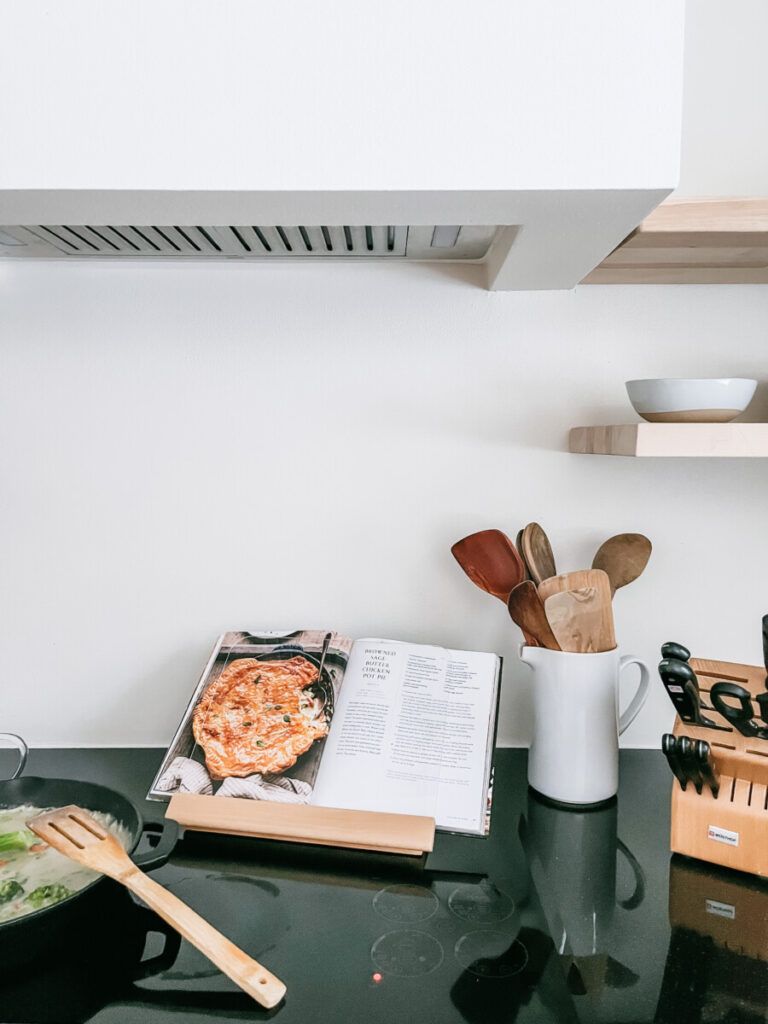


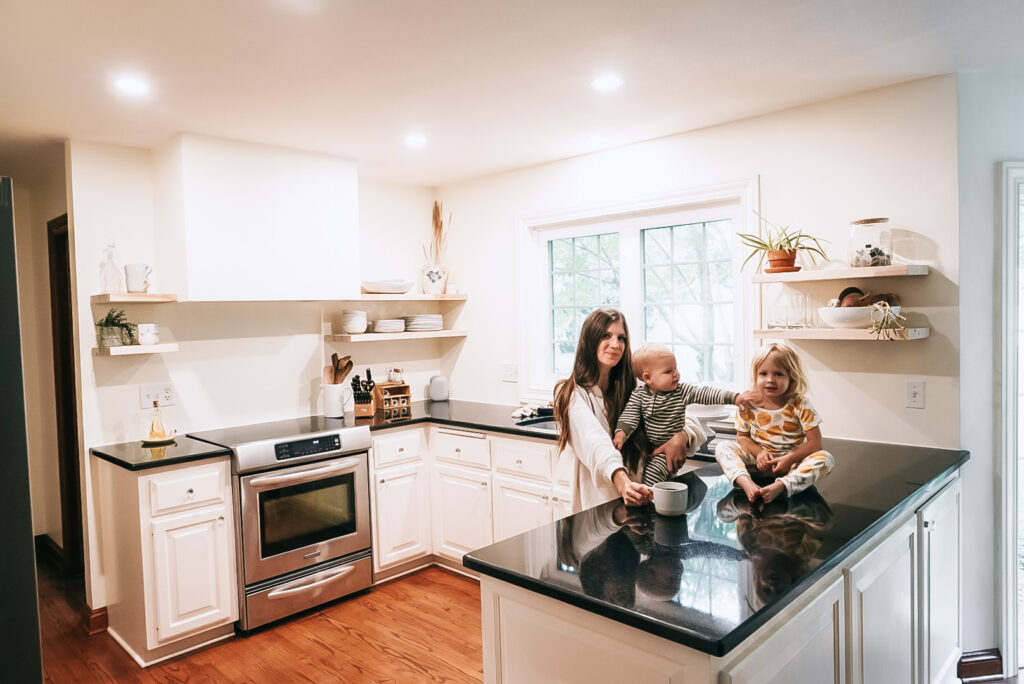
As a family, we celebrate the Sabbath from sundown on Saturday to sundown on Sunday, so we prepare for the Sabbath on Fridays and sometimes Saturday mornings. Sundown was traditionally how God’s people would know when to begin since time itself was not dictated with clocks and alarms. The Sabbath, even today, does not have to be controlled by time or bound to a tight schedule. In our house, it simply begins. Meaning all the work might not be done, which is honestly the hardest yet best part. But it’s become something I truly savor, the undone-ness.
Although my list of to-do’s might not all be checked off, there are specific things each week I try to prep for. Now our way of doing this is not the right way or only way, it’s the way we find best for our season of life and what I personally feel like God has called me into.
I created a simple Sabbath prep list for me and the kids: wrap up homeschool, get all the laundry finished, clean the floors, tidy rooms, prep any food, grab last minute groceries and cut fresh flowers. I try to make it fun and engaging for the kids — our Fridays always involve time out in nature, a little treat, helping around the house, especially with cooking and baking and cleaning their rooms. I’ve noticed when these days are flowing really well both my young kids feel empowered and excited to contribute to preparing for a day when no other work needs to be done.


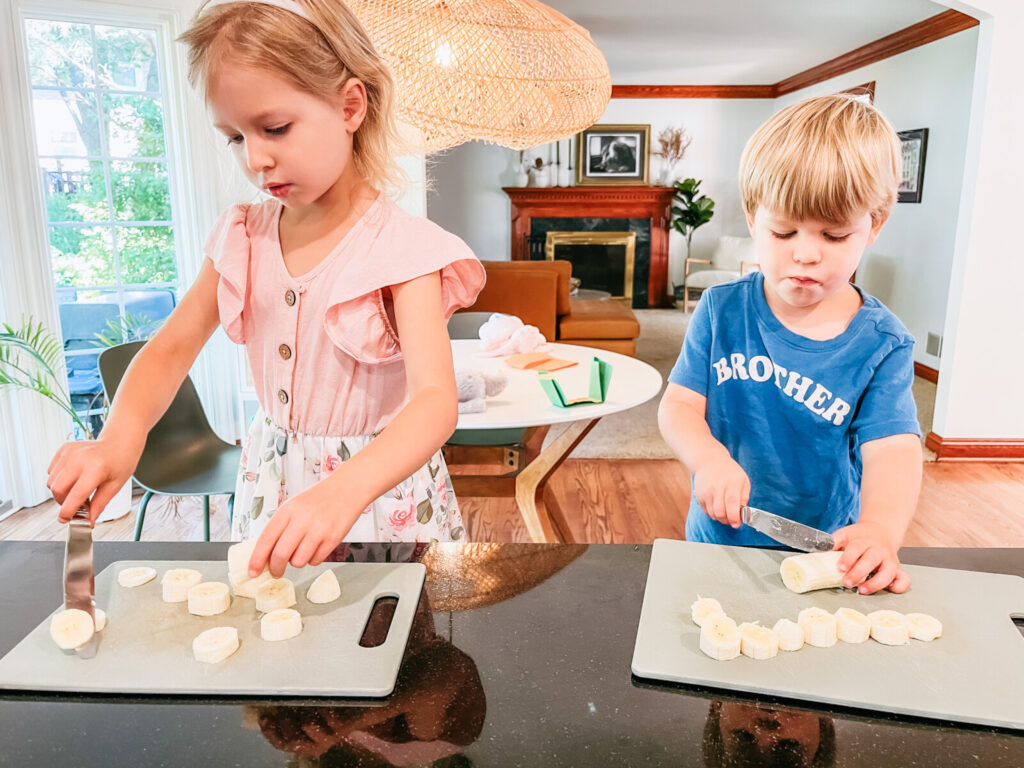
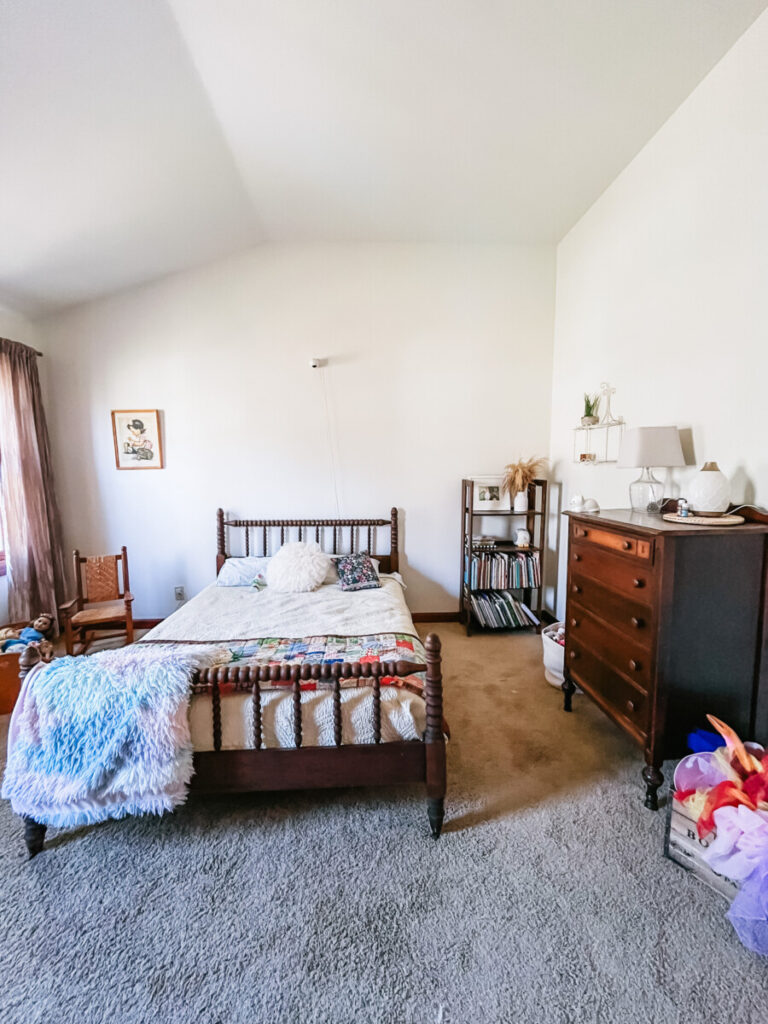

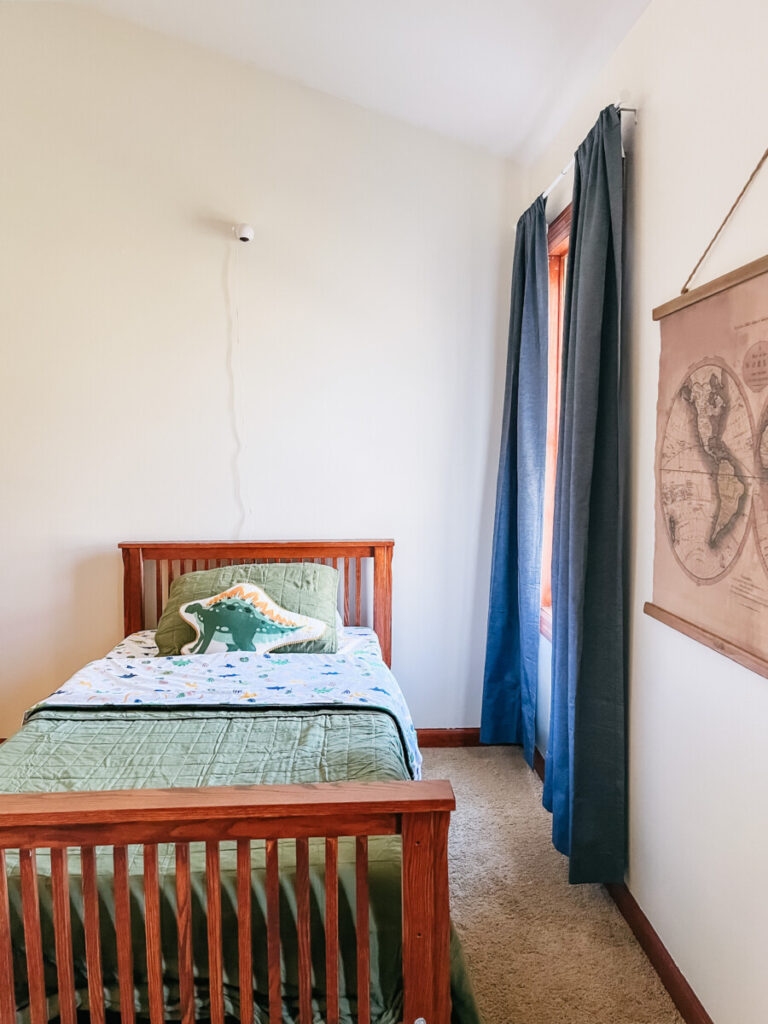


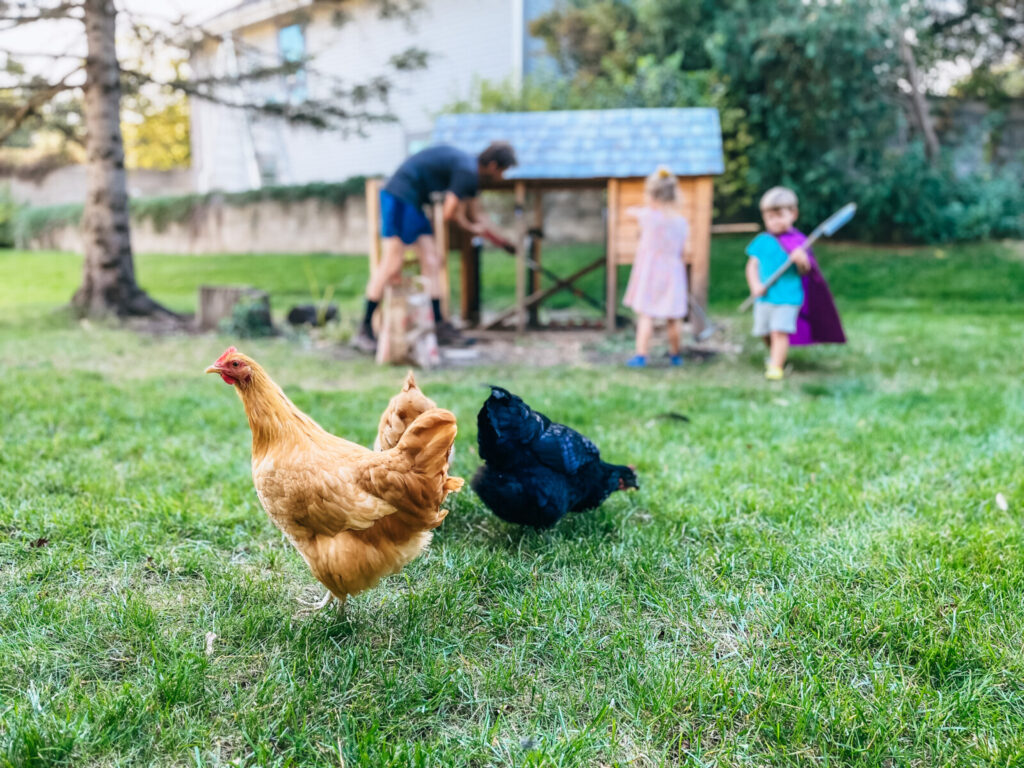
Our Fridays tend to be full, but the fruit of these full days tastes oh so sweet. Alexander ends work early and we begin making our homemade pizza. And our Saturdays look different depending on the week, but regardless of what our plans are, we turn off our phones, place them in a drawer, pour a glass of wine, and let out a sigh of relief. John Mark Comer describes the Sabbath as the sitting down after a day of yard work and enjoying the beauty of what you created, knowing it’s complete, and declaring “it is good”. The Sabbath is the exhale after six days of working hard.
Sabbathing, especially with littles and businesses to run and a never-ending list of to-do’s, is nothing but easy. But the yoke and burden Jesus places on us is easy and light. Our pastor reminded me a few months ago that the easy yoke and light burden of Jesus is a replacement not an addition. The Sabbath is not something we add to our schedule – it isn’t rigid or straining or another thing to write into our busy weeks – it’s a replacement – a free gift – that isn’t heavy or burdensome.
The Sabbath reflects creation. It reflects God’s nature and what he himself does.